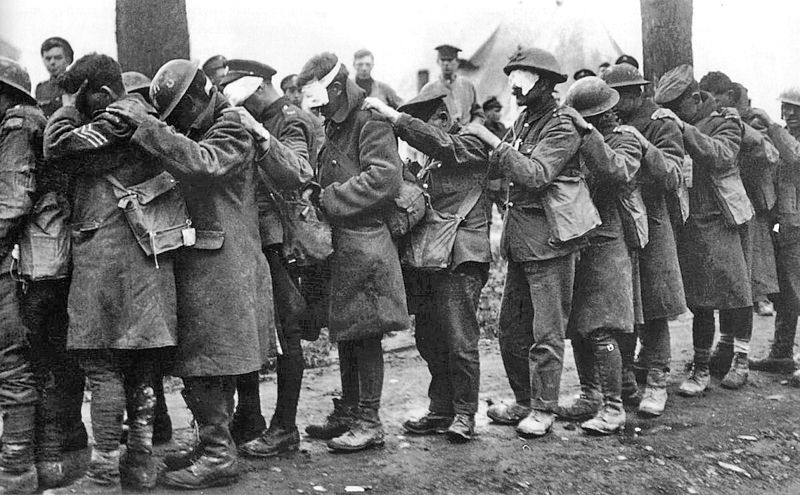There are many reasons why China and Japan won't go to war. Now is the time to explore how to actively prevent it.

The ongoing crisis over the Senkaku/Diaoyu islands may be bringing Asia to the cusp of war. Trefor Moss recently wrote that a Japan-China war over these disputed islands is very unlikely. That could be right. Or it could be wrong. But even a very small chance of a Sino-Japanese war breaking out in 2013 is enough reason to work to try to prevent it.
What follows is a six-point plan to seek to deescalate the dispute in the short term. It is no doubt flawed and incomplete, but international diplomacy is never perfect, nor does it have to be. However imperfect a resolution to this dispute may be, it is almost certainly preferable to war for all parties involved.
The following recommendations are directed at Chinese and Japanese decision-makers:

1. Remember the price of war.
Looking at a two-dimensional military map, drawing arrows and moving colored chips across it is the highest possible abstraction of war. The strategist’s viewpoint reduces lives to tokens, dehumanizes war, and gives the mistaken illusion that killing and dying is as simple as a game of chess. Always remember the costs of war when making decisions of such gravity. Transport your mind into that of the soldiers and sailors you are sending to their graves. Ask yourself, as the philosopher does, what becomes of your humanity “while half a pound of lead, sent from the distance of a hundred steps, pierces my body, and I die at twenty years of age, in inexpressible torments, in the midst of five or six thousand dying men…” As an unnamed source put it, “there’s some 24-year-old kid in the Japanese Coast Guard who has a family and friends. At some point he’s going to take a .50 caliber round over this.” Always bear these images in your mind before you commit lives to the horrible business of war.
What follows is a six-point plan to seek to deescalate the dispute in the short term. It is no doubt flawed and incomplete, but international diplomacy is never perfect, nor does it have to be. However imperfect a resolution to this dispute may be, it is almost certainly preferable to war for all parties involved.
The following recommendations are directed at Chinese and Japanese decision-makers:

1. Remember the price of war.
Looking at a two-dimensional military map, drawing arrows and moving colored chips across it is the highest possible abstraction of war. The strategist’s viewpoint reduces lives to tokens, dehumanizes war, and gives the mistaken illusion that killing and dying is as simple as a game of chess. Always remember the costs of war when making decisions of such gravity. Transport your mind into that of the soldiers and sailors you are sending to their graves. Ask yourself, as the philosopher does, what becomes of your humanity “while half a pound of lead, sent from the distance of a hundred steps, pierces my body, and I die at twenty years of age, in inexpressible torments, in the midst of five or six thousand dying men…” As an unnamed source put it, “there’s some 24-year-old kid in the Japanese Coast Guard who has a family and friends. At some point he’s going to take a .50 caliber round over this.” Always bear these images in your mind before you commit lives to the horrible business of war.
Photo Credit: Readmore